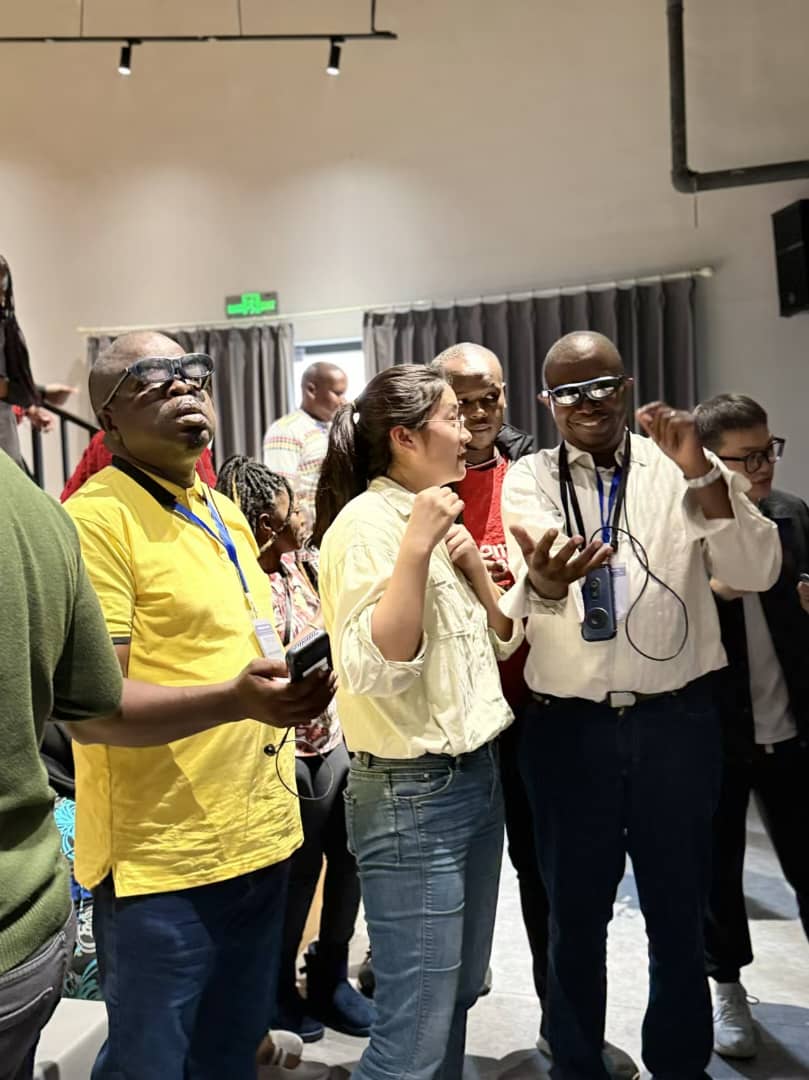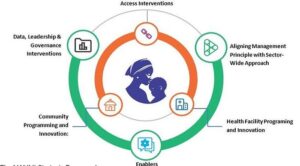Artificial intelligence: the future of the global media landscape

Artificial intelligence (AI) refers to the simulation of human intelligence in machines that are programmed to think and learn like humans.
This includes tasks such as visual perception, speech recognition, decision-making, and language translation.
Historically, the AI has its roots in the 1950s and has seen significant advancements in recent years, making it an integral part of various industries, including media.
In the media industry, artificial intelligence has had a major impact on content creation, curation, distribution, and analysis.
AI algorithms can analyze vast amounts of data to predict trends, personalize content recommendations, and even create news articles and videos.
It can also help improve the efficiency of advertising strategies by targeting audiences more accurately.
Overall, artificial intelligence is transforming the global media landscape by enabling better content creation, improving user experiences, and increasing efficiency and effectiveness in various aspects of the industry.
The future of media is undoubtedly intertwined with the developments in artificial intelligence technologies.
It is on this wise that Prof. Fang Jianyi of the Communication University of Zhengyang, China highlighted the importance of media practitioners adapting to the rapidly changing landscape of technology in the field of communication.
He mentioned this on day four of the ongoing two weeks seminar for Omni-media Journalists from English-speaking African Countries place at Zhengyang Normal University Jinhua, China.
He emphasized the need for capacity development among media professionals in order to effectively utilize artificial intelligence in their work.Prof. Fang Jianyi encouraged media practitioners to embrace new technologies such as short video creation, online live streaming, virtual reality, AI writing, and aerial photography.
He stressed the importance of optimizing talent training programs to ensure that media professionals are equipped with the necessary skills to thrive in the digital age.
Participants in the training found the sessions to be enlightening and thought-provoking, prompting them to reflect on the future of media practice in Africa.
They urged African leaders to invest in technology, prioritize the training of media practitioners, and foster an environment that encourages innovation and growth.
Highlight of the session was a visit to the AI company Rokid Hangzhou R&D center which provided participants with a firsthand experience of AI technology in action.
This practical encounter further reinforced the importance of embracing new technologies in order to stay relevant in the ever-evolving field of media practice.
The seminar served as a catalyst for participants to explore the possibilities and opportunities that artificial intelligence presents for the future of media communication.
It underscored the need for media practitioners to adapt to the changing technological landscape in order to remain competitive and effective in their profession.












